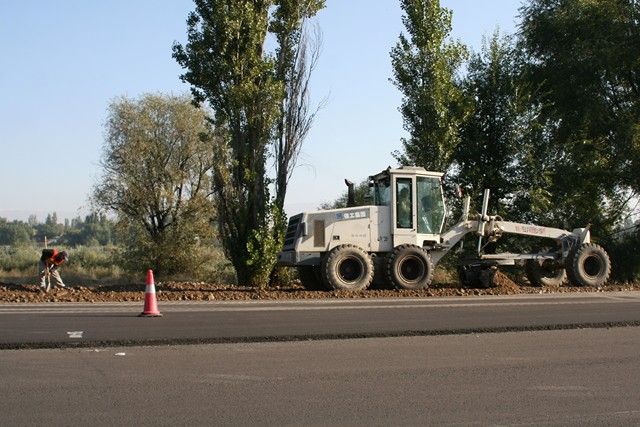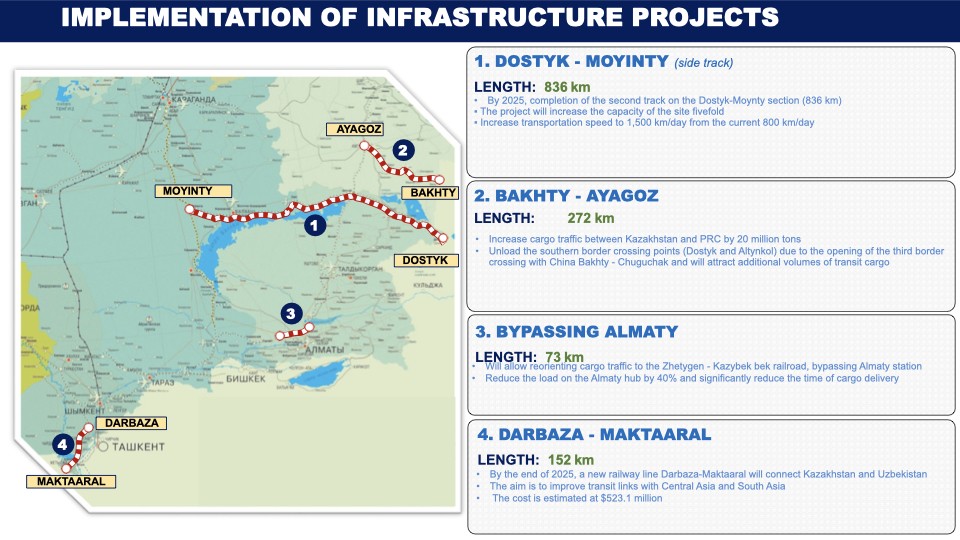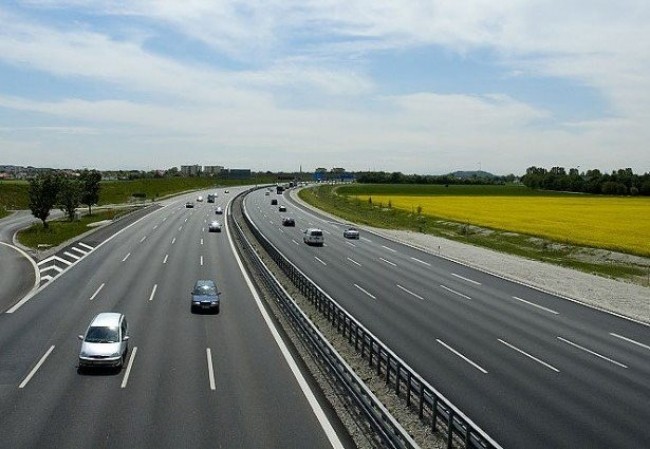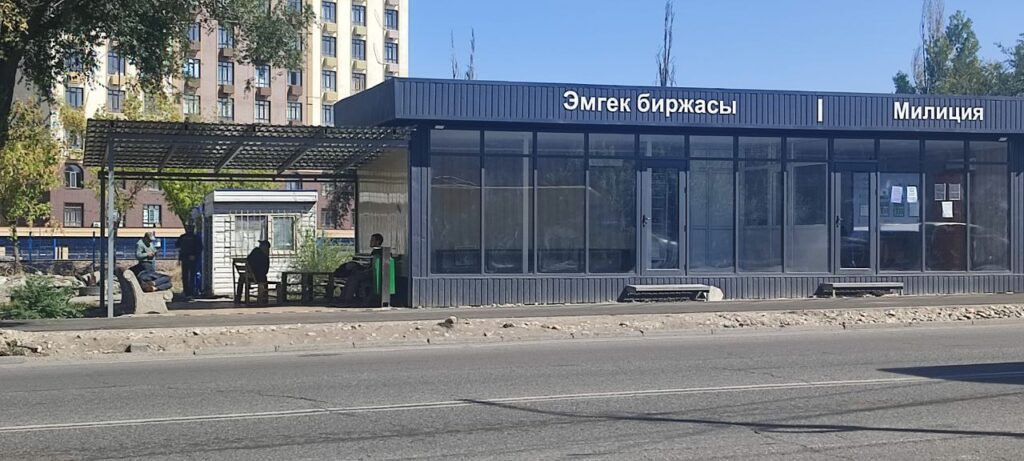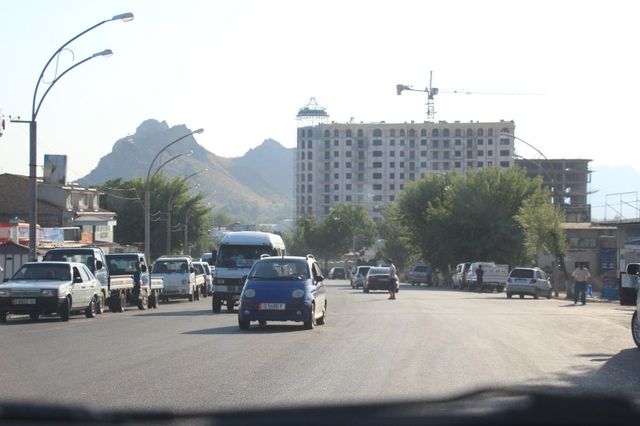BISHKEK (TCA) — The Saudi Development Fund will provide Kyrgyzstan with a 75 million Saudi riyal loan (about $20 million) at 1% per annum for the construction of the North-South alternative motor road.
Kyrgyzstan’s parliament has ratified the loan agreement between the Kyrgyz Republic and the Saudi Development Fund on the road reconstruction project.
The maturity of the loan is 25 years including a five-year grace period. The Kyrgyz Government will repay the loan once every six months every year from 2023 to 2042, which will not make a big burden on the state budget, MPs said.
The service life of the 433 kilometers road will be 20 years, the Ministry of Transport and Roads of Kyrgyzstan said. For the first time in Kyrgyzstan, a new technology with crushed stone and mastic asphalt will be used. The asphalt will be 16 centimeters thick, and the road will be four-lane in the settlements and two-lane outside them.
The construction of the North-South alternative road began in 2014. Earlier, it was planned to complete the road this year, but the builders faced difficulties with punching the tunnel, and the road opening was postponed for 2018.
The new highway is very important for Kyrgyzstan, because, unlike the existing Bishkek-Osh road with many complex serpentines, the new road will be direct and easier to travel. The trip from Balykchy at Issyk-Kul Lake to Jalal-Abad in the south of the country will take four hours only, and five hours to Osh.
The trip from Osh to Bishkek along the existing 667 km motor road now takes up to ten hours.
Poor road quality
The North-South road is certainly a very important project, but it is necessary to think about other roads too, because 80% of motor roads in the country are in poor condition, MP Umbetaly Kydyraliev said. Over the past 25 years of independence, Kyrgyzstan has received 9.2 billion soms in foreign loans, and 30% of the external debt has been spent for roads, but now they are worn out and broken down and nobody guarantees their quality, he added.
According to the Transport Ministry, the existing roads were built using the Soviet technologies, but the load on roads has now increased 15-fold. It is necessary to use modern technologies, the ministry said.
On June 29, the parliament approved the first reading of the bill to amend the Law “On Roads”. The bill provides establishing at least a five-year warranty period for new roads and not less than a three-year warranty period for reconstructed highways.
The rapid deterioration of roads in Kyrgyzstan shows that most contractors are careless about their obligations to build or repair roads, the MP said.
Most of the projects for the highway construction and reconstruction are carried out with the attraction of funds from international donors issued as grants and long-term loans. As practice shows, the life of many newly constructed and reconstructed highways in Kyrgyzstan does not exceed two or three years. In some cases, new motor roads became unusable after a year of operation.
According to MP Dastan Bekeshev, who is among the bill’s authors, the bill aims to strengthen the responsibility of the highway construction contractors, to improve the quality of roads and provide guarantees for timely road maintenance.
The new legislative initiative motivates contractors to perform their work with the highest quality due to a fixed budget without annual injections to correct mistakes, thefts and other shortcomings, the MPs believe.
“If not to increase the warranty period, the state will take on an additional burden to maintain new and reconstructed roads, which is unreasonable in conditions of limited state budget,” Bekeshev said.
Roads will be certified
In two months, a mobile laboratory will be delivered to Kyrgyzstan and the Transport Ministry will begin certification of roads in the country, starting from the Talas oblast.
Road passports will contain information on who and when has built a road, and how much time has passed after a repair. If there are shortcomings, the ministry will be able to make construction companies eliminate their mistakes and in the future not to allow them to build roads in the country.
The road passport system will be very convenient for monitoring the money spent for the construction and repair of local and national roads.
